Category: Newsroom
Categories
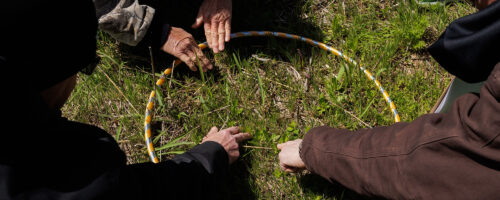
Noble Research Institute Expands Regenerative Land and Business Management Courses to Florida, North Dakota and Oregon in 2025
Estimated reading time: 2 minutes
Noble continues nationwide expansion with new course locations following earlier entry into California an...
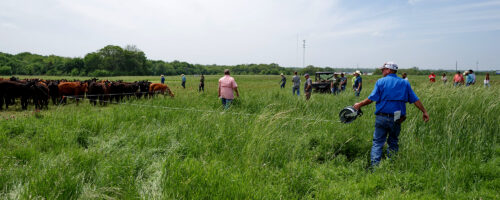
Noble Research Institute Partners with Kansas State University and Hy-Plains Feedyard to Preserve Tallgrass Prairie Through Region-Specific Rancher Education
Estimated reading time: 3 minutes
Noble Grazing: Flint Hills Series offers ranchers a path to sustainable and profitable land management pr...
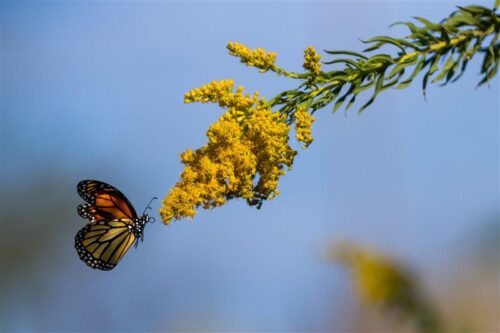
Noble Research Institute Moves Forward with Ardmore Campus Renovations
Estimated reading time: 3 minutes
Multi-phase project will result in $40 million of improvement to the organization’s main campus.
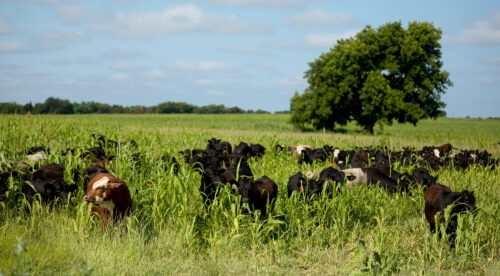
Noble Research Institute Expands Educational Footprint with First California Class Scheduled for February 2025
Estimated reading time: 2 minutes
Along with locations in Texas, Oklahoma and Missouri this quarter, the organization will bring its Noble...
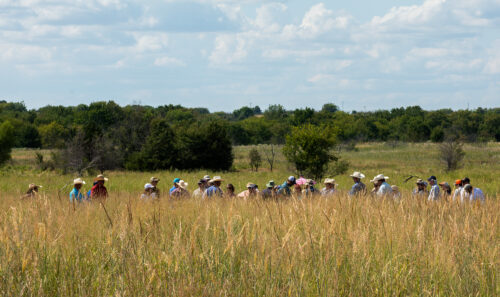
Land & Legacy Scholarship Offers Farmers and Ranchers Support in Gaining Regenerative Land and Business Management Education
Estimated reading time: 4 minutes
The scholarship, sponsored by Powerflex Supply and administered by the National Grazing Lands Coalition,...
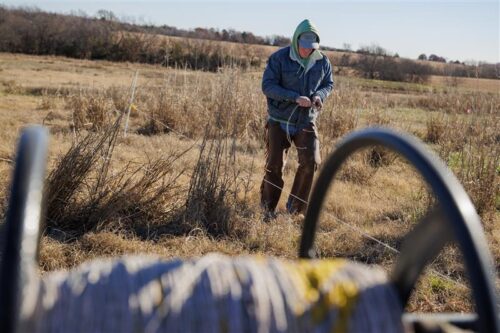
Noble Research Institute Expands Educational Offerings with Release of New Noble Land Essentials Online Course
Estimated reading time: 3 minutes
Producers can now participate from any location in a fully online, self-paced format of the popular Noble...
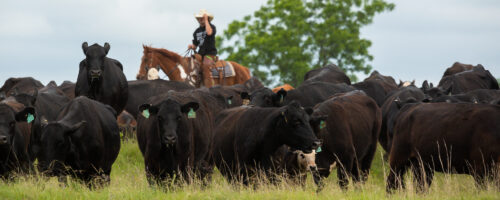
Noble Research Institute and Certified Angus Beef Release Land Stewardship, Aimed at Promoting Healthy Lands and Better Beef
Estimated reading time: 3 minutes
Producers gain guidance in improving land and forage productivity through grazing management practices du...
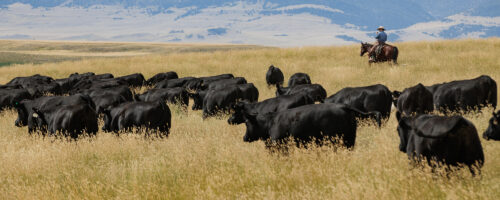
Noble Research Institute and Certified Angus Beef Launch Partnership Centered on Promoting Land Management for Livestock Producers
Estimated reading time: 3 minutes
The partnership’s free online certificate program is set to release in mid-Q4 of 2024
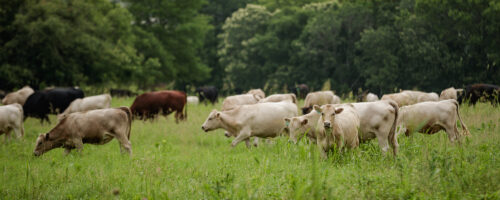
Noble Research Institute Announces New Educational Partnership Promoting Grazing Land Conservation to Oklahoma Farmers and Ranchers
Estimated reading time: 2 minutes
The partnership with the Oklahoma Conservation Commission and Mayes County Conservation District will pro...
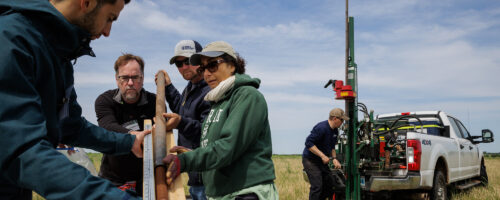
Noble Research Institute Releases Updates on Year Two of 3M Research Project
Estimated reading time: 8 minutes
The Metrics, Management and Monitoring (3M) team reports progress and early insights into the five-year s...
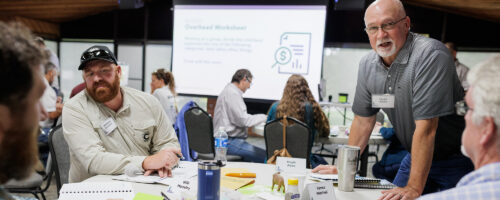
Noble Research Institute Develops New Course for Increasing Operation Profitability for U.S. Agricultural Producers
Estimated reading time: 2 minutes
The inaugural Noble Profitability Essentials class will be held on Sept. 24-25, 2024, in Stillwater, Okla...
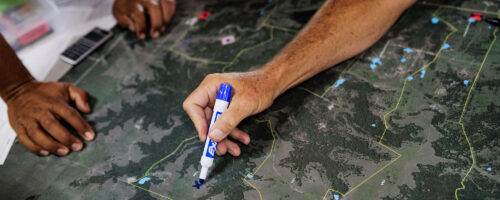
Noble Research Institute Focuses on Grazing and Business with Latest Ranch Management Course
Estimated reading time: 3 minutes
Business of Grazing will launch later this month with 2024 course offerings in Oklahoma, Nebraska and Tex...
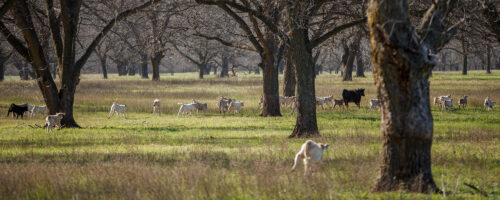
Noble Research Institute Joins Forces with Merlin Tuttle’s Bat Conservation to Further Research on Bats for Land and Crop Management
Estimated reading time: 4 minutes
Research will explore the intersection between natural bat habitats and bat-driven pest management in gra...
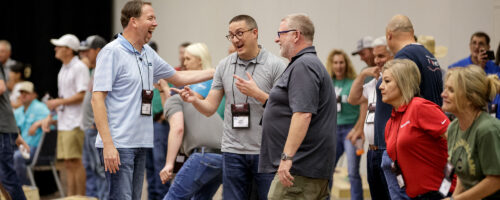
Noble Holds Second Annual “Pitchin’ for the Pasture Cornhole Tournament” to Support Regenerative Agriculture Education Across the Region
Estimated reading time: 2 minutes
The $60,000 raised through the event will contribute to the organization’s mission of guiding farmers a...
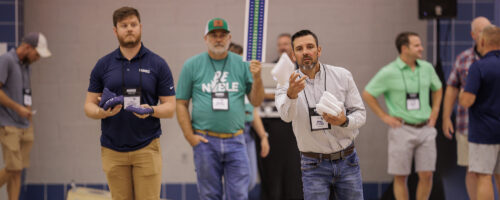
Noble Announces Second Annual “Pitchin’ in the Pasture Cornhole Tournament”
Estimated reading time: 3 minutes
Funds raised from the June event will support the organization’s mission to provide rancher education p...
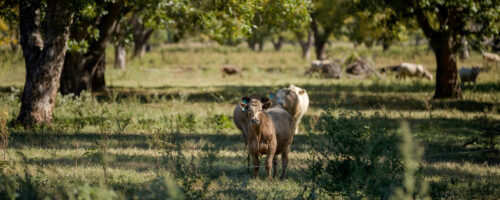
Noble Research Institute Receives 2024 Greenacres Foundation Grant to Further Regenerative Agriculture Research in Pecans
Estimated reading time: 3 minutes
Funds will support Noble’s research on the impacts of regenerative agriculture practices in pecan silvo...